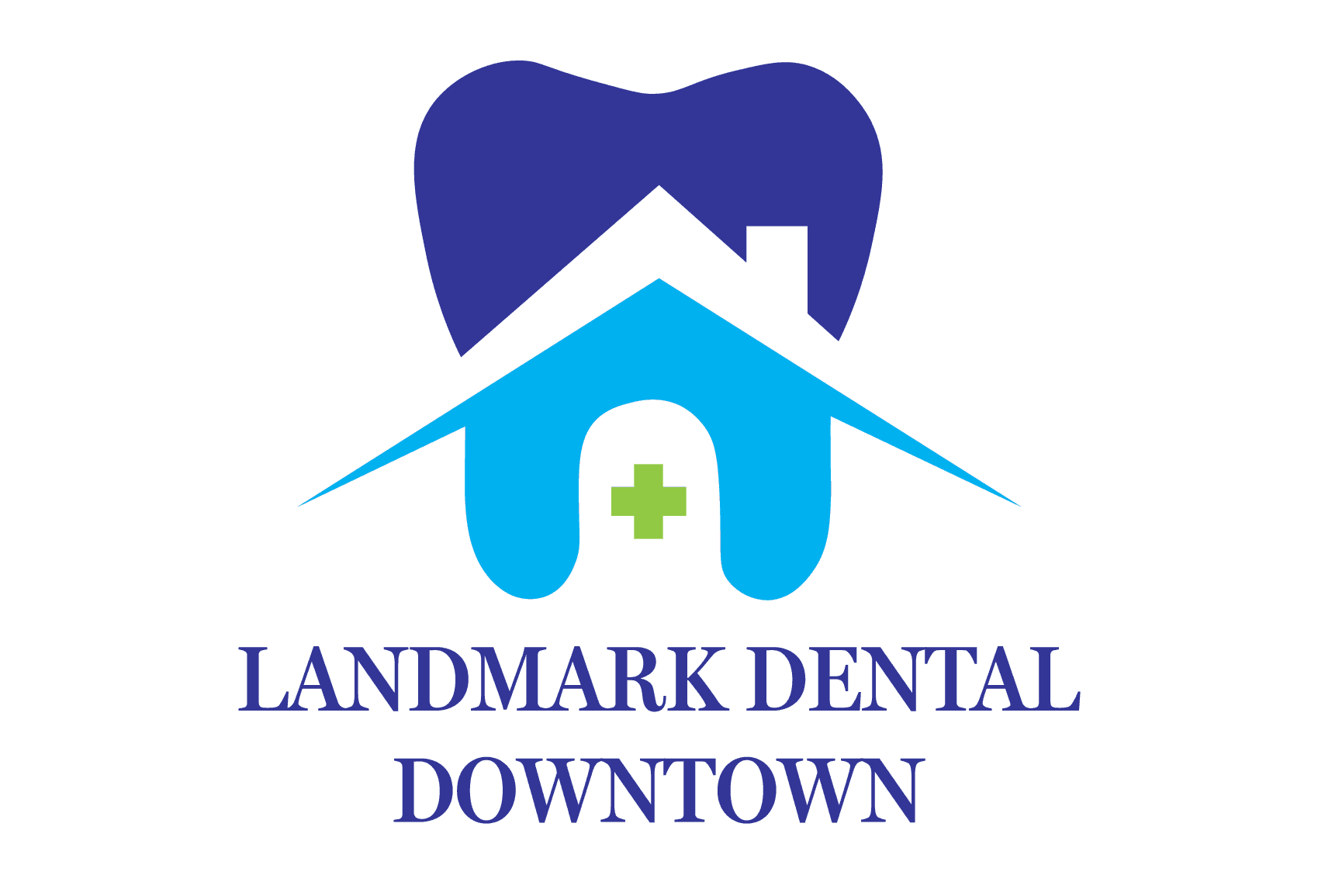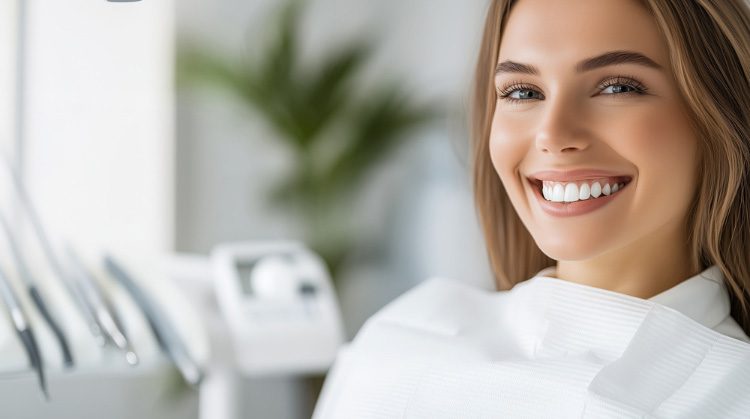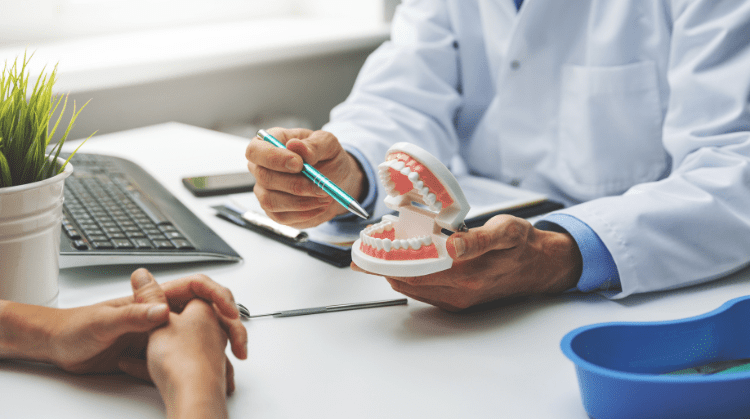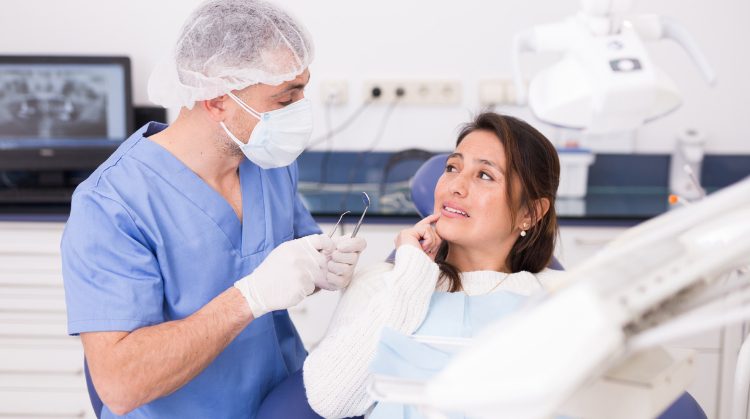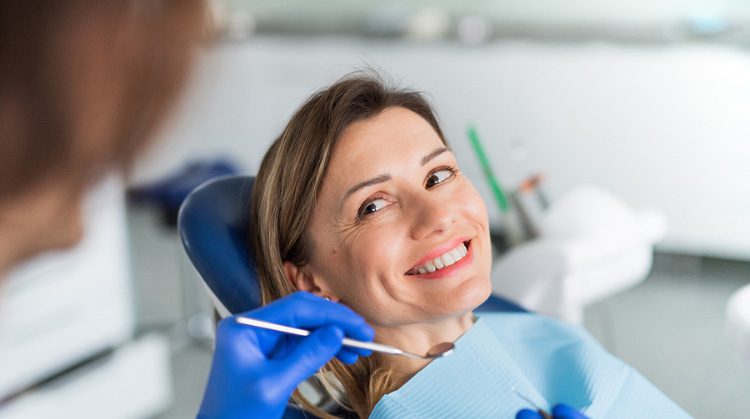Oral hygiene isn’t just about brushing your teeth—it’s a game changer for your overall health and confidence. From preventing cavities to boosting your self-esteem, taking care of your mouth is essential for everyone. This guide will reveal the secrets to mastering your oral care routine while showing you the incredible benefits that go beyond just a bright smile. By the end, you’ll have everything you need to keep your teeth and gums in tip-top shape for life.
Why Oral Hygiene Matters More Than You Think
Keeping your teeth and gums healthy isn’t just about having a dazzling smile—it has profound implications for your health. Poor oral hygiene can lead to:
- Health Complications: Neglecting your oral care increases the risk of heart disease, diabetes, and respiratory infections. The mouth is a gateway to the rest of the body, and bacteria from oral issues can spread, causing systemic health problems.
- Chronic Pain and Infections: Gum disease and cavities, if untreated, can cause severe discomfort and infections that might spread throughout your body. Toothaches and swollen gums can make everyday activities, like eating and speaking, a challenge.
- Self-Esteem Issues: Bad breath, yellowing teeth, and gum problems can affect your confidence and social interactions. Feeling self-conscious about your smile can prevent you from fully enjoying social and professional opportunities.
Understanding these consequences makes it clear that oral hygiene is essential for both your physical health and emotional well-being.
The Fundamentals of Daily Oral Care
Incorporating these basic practices into your daily routine can dramatically improve your oral health:
Brush Twice a Day
Use fluoride toothpaste to strengthen your enamel and reduce decay. Aim for two minutes of thorough brushing each time, paying special attention to the gumline where plaque tends to accumulate. Brushing removes bacteria and food particles that can lead to cavities and bad breath.
Floss Daily
Remove plaque and food particles from between your teeth and along the gumline. Flossing prevents gum disease and cavities in areas your toothbrush can’t reach. It’s a simple but critical step for long-term dental health.
Mouthwash Matters
An antibacterial rinse can kill germs and freshen breath, especially if you’re unable to brush during the day. Adding mouthwash to your routine provides an extra layer of protection against plaque and gingivitis.
Eat a Teeth-Friendly Diet
Foods rich in calcium and vitamins—like dairy products, leafy greens, and nuts—can support strong teeth and gums. Avoid sugary snacks and beverages that encourage decay, as they create an ideal environment for bacteria.
These habits are the building blocks of a solid oral care routine that will serve you for years to come.
The Role of Professional Dental Care
Accessing professional dental care is an essential part of maintaining oral health. Regular visits to the dentist are not just about fixing problems—they’re about preventing them before they occur.
Routine Checkups: Dentists can catch early signs of decay, gum disease, or other issues before they become severe. Regular visits allow for early interventions, saving you from more extensive and costly treatments later on.
Professional Cleanings: Even with regular brushing and flossing, plaque can build up over time. Professional cleanings ensure your teeth stay clean and your gums healthy by removing tartar that you can’t handle on your own.
Tailored Advice: Dental professionals can recommend specific products and techniques based on your unique needs. Whether you have sensitive teeth, gum issues, or cosmetic concerns, your dentist can guide you in the right direction.
Investing in professional services ensures you maintain excellent oral health and keep your smile bright and healthy.
Addressing Common Oral Hygiene Myths
Let’s clear up some common misconceptions about oral hygiene that may be holding you back:
Myth #1: Sugar-Free Gum Replaces Brushing
While chewing sugar-free gum can help freshen breath, it doesn’t remove plaque or bacteria like brushing does. Brushing remains the gold standard for effective oral care.
Myth #2: Natural Whiteners Are Safe Alternatives
DIY teeth whitening remedies, like using baking soda or lemon juice, can harm your enamel. Over time, this can lead to sensitivity and increased risk of cavities. Professional whitening treatments are safer and more effective.
Myth #3: Home Remedies Are Enough for Oral Pain
Relying solely on home remedies for dental pain can delay necessary treatment. If you’re experiencing persistent pain, consult a dentist immediately to address the root cause and prevent complications.
By understanding the truth about these myths, you can make better decisions for your oral health and avoid potential risks.
Final Thoughts
Maintaining excellent oral hygiene is a journey, not a one-time task. By committing to a consistent daily routine, seeking professional care, and staying informed about best practices, you can achieve and maintain a healthy, confident smile.
Ready to take the next step? Whether you’re due for a routine checkup or want personalized oral care advice, reach out to your local dentist at Landmark Dental Downtown in Bakersfield, CA today. A brighter smile and better health are just a few habits away—start giving your oral hygiene the attention it deserves.
